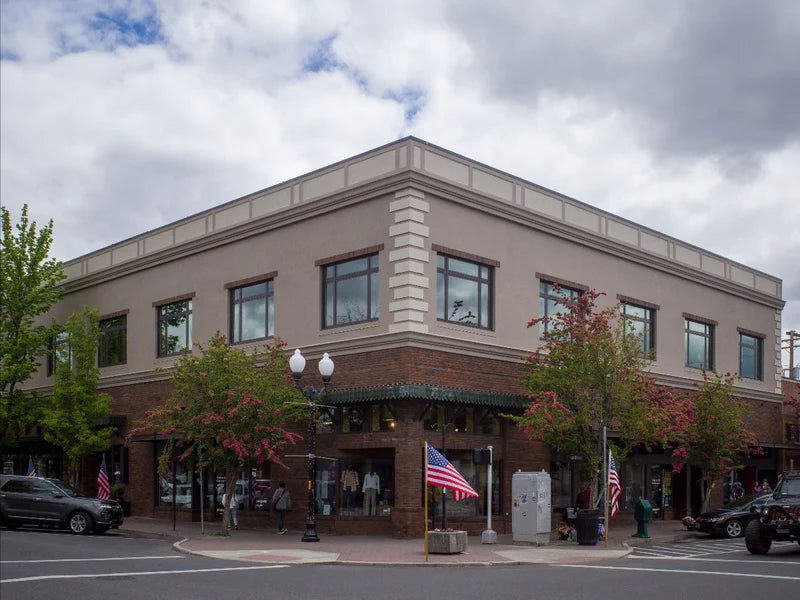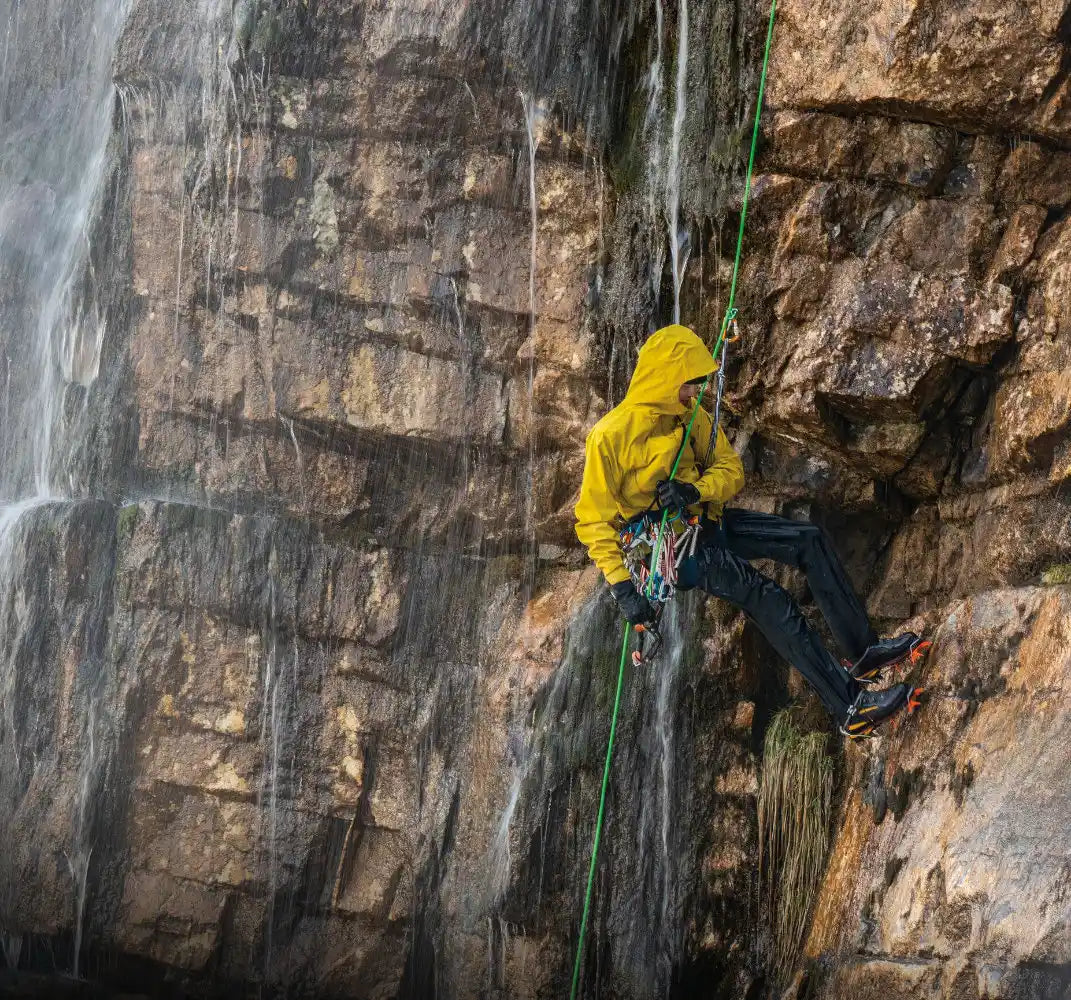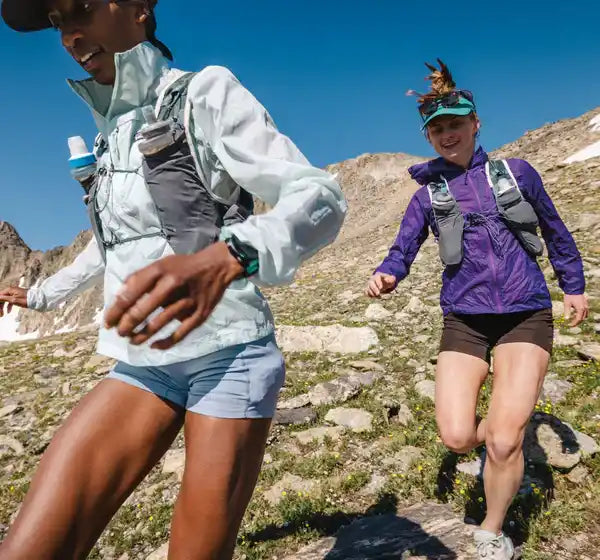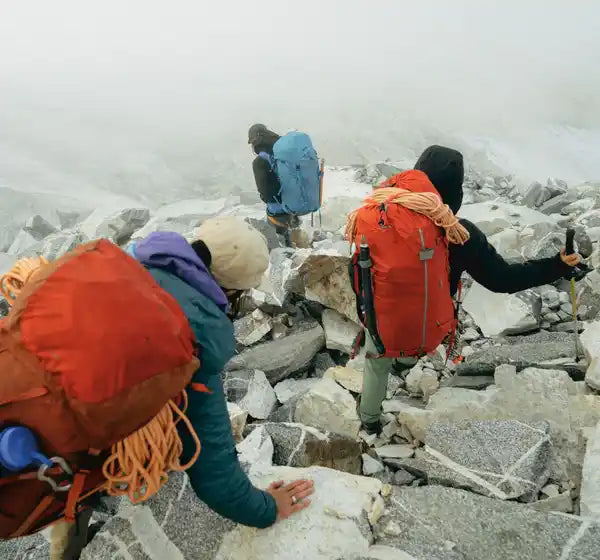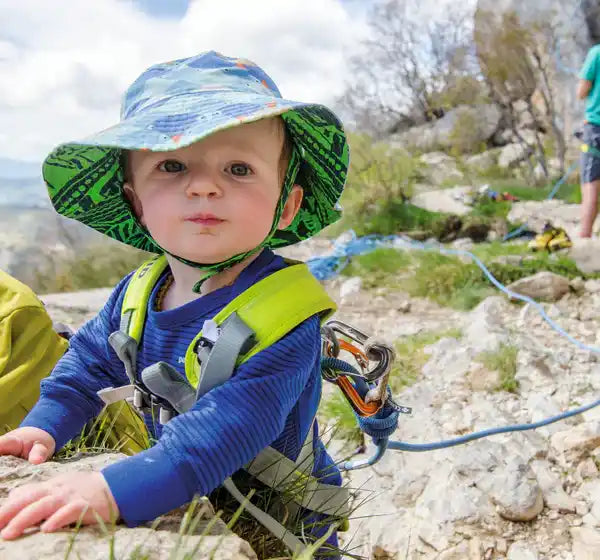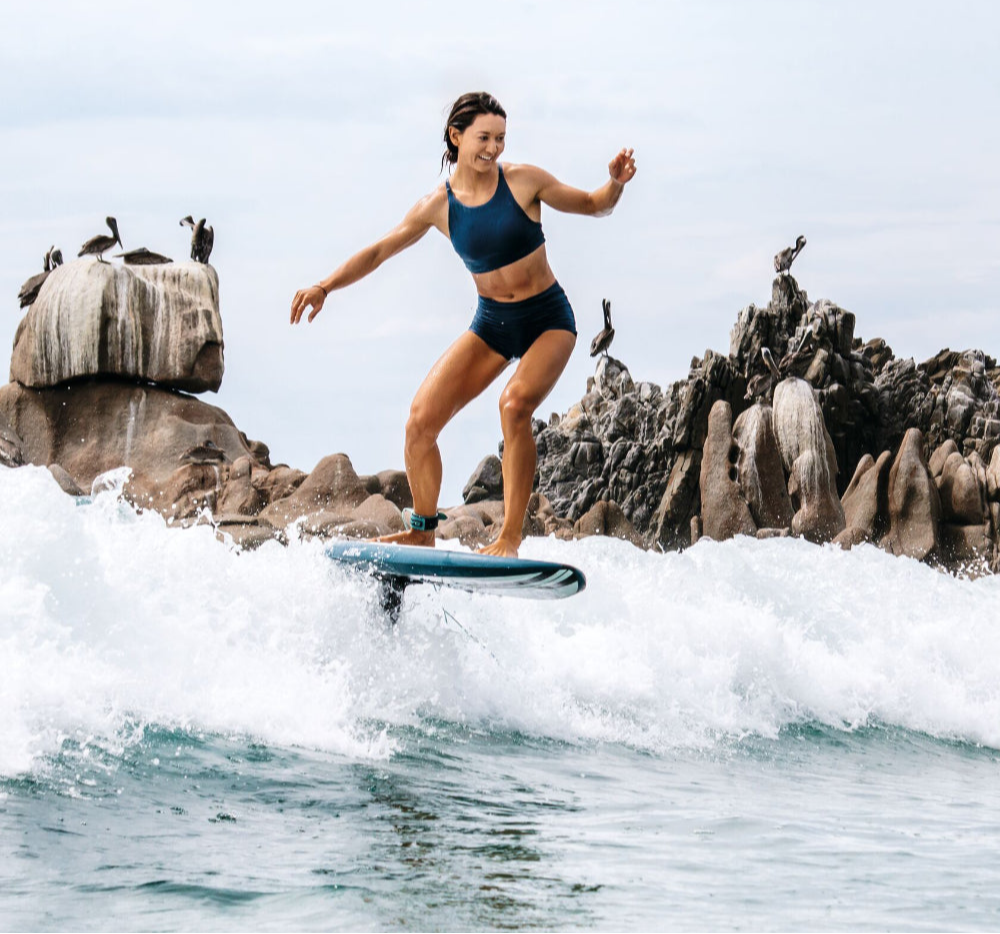남성용 바지 숫자 사이즈 차트 및 핏 가이드
두 번 측정하고, 한 번 구매하면 평생 착용할 수 있습니다.
| 숫자 크기 | 허리 | 잘 알고 있기* |
|---|---|---|
| 28 | 29인치 | 35인치 |
| 29 | 30인치 | 36인치 |
| 30 | 31인치 | 37인치 |
| 31 | 32인치 | 38인치 |
| 32 | 33인치 | 39인치 |
| 33 | 34인치 | 40인치 |
| 34 | 35인치 | 41인치 |
| 35 | 36인치 | 42인치 |
| 36 | 37인치 | 43인치 |
| 38 | 39인치 | 45인치 |
| 40 | 41인치 | 47인치 |
| 42 | 43인치 | 49인치 |
| 44 | 45인치 | 51인치 |
* 엉덩이 둘레는 일반적으로 사이즈를 가장 잘 예측하는 지표이지만, 허리 둘레가 더 크다면 허리에 표시된 사이즈를 구매하는 것이 좋습니다.
상의와 하의 측정 방법
1. 팔 길이를 측정하세요
팔꿈치를 구부린 상태에서 목 중앙(뒤)부터 팔꿈치까지, 그리고 손목까지 측정합니다.
2. 가슴둘레를 측정하세요
팔을 편안하게 한 후 가슴/흉상의 가장 튀어나온 부분을 측정하세요.
3. 허리를 측정하세요
자연스럽게 허리를 찾으려면 한쪽으로 살짝 구부리세요. (이 허리는 구부렸을 때 생기는 주름입니다.) 그런 다음 똑바로 서서 주름이 생긴 지점을 따라 몸을 두르세요.
4. 엉덩이를 측정하세요
발을 어깨 너비로 벌리고 편안하게 서세요. 이제 엉덩이와 앉는 자세에서 가장 튀어나온 부분을 측정하세요.
1. 허리를 측정하세요
자연스럽게 허리를 찾으려면 한쪽으로 살짝 구부리세요. (이 허리는 구부렸을 때 생기는 주름입니다.) 그런 다음 똑바로 서서 주름이 생긴 지점을 따라 몸을 두르세요.
2. 엉덩이를 측정하세요
발을 어깨 너비로 벌리고 편안하게 서세요. 이제 엉덩이와 앉는 자세에서 가장 튀어나온 부분을 측정하세요.
핏 가이드
각 Patagonia® 제품은 의도된 용도에 맞게 특별히 디자인되고 모양이 정해졌지만, 우리는 다음의 네 가지 방법으로 적합성 설명을 일반화할 수 있습니다.
폼피팅
신체 윤곽에 맞춰집니다.
슬림핏
몸에 꼭 맞는 핏. 몸에 꼭 맞는 기능성 의류는 베이스레이어나 가벼운 중간 레이어 위에 입을 수 있습니다.
레귤러 핏
슬림핏도 오버사이즈도 아닙니다. 일반 핏의 기능성 의류는 두꺼운 중간 레이어 위에 입을 수 있습니다.
릴렉스드 핏
몸에 느슨하게 늘어져 있음.






